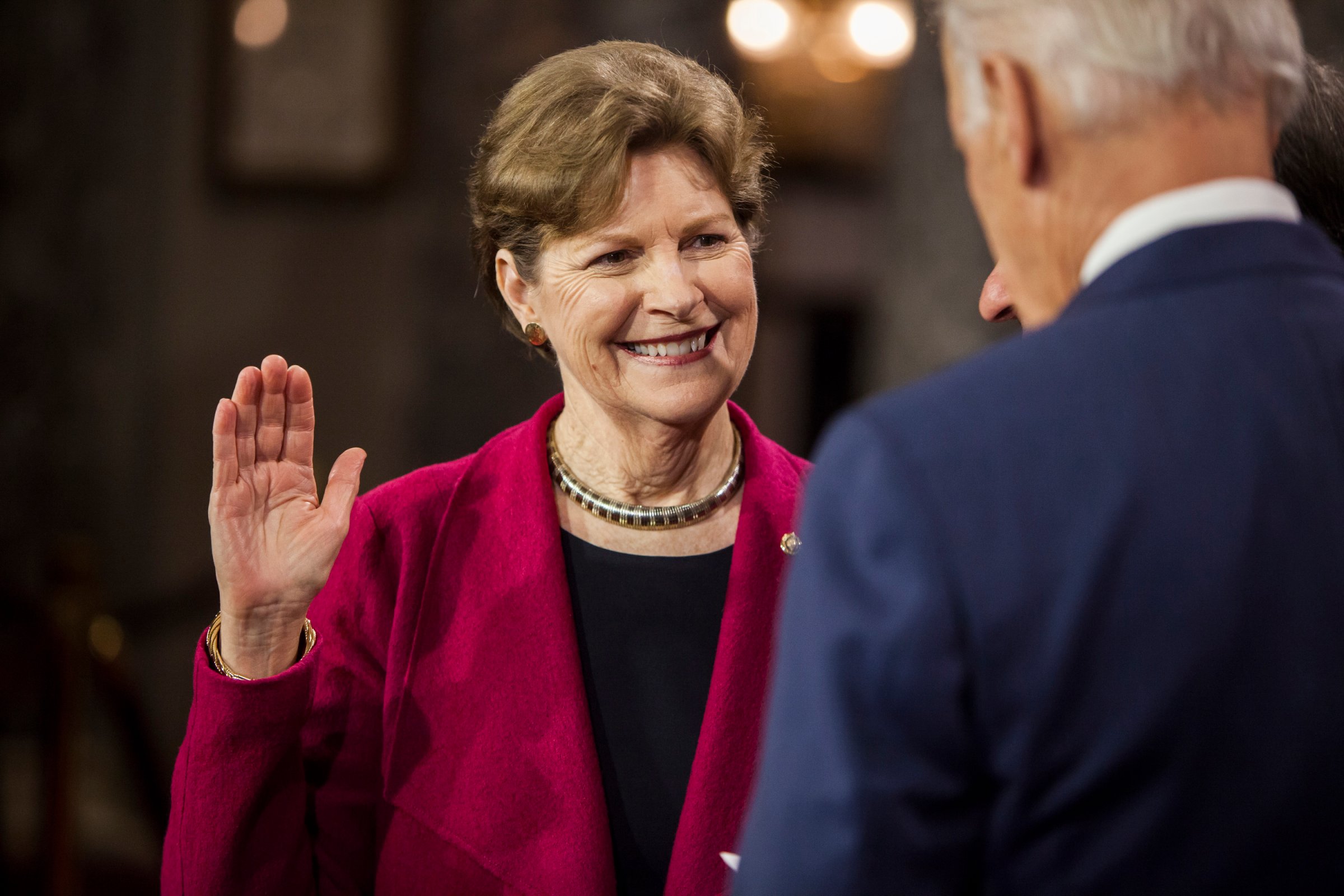
TIME: You’ve proposed legislation to increase access to birth control for women in the military. Why is this necessary?
Providing complete and current information on contraception will allow active service members—especially women in uniform—to make more informed family planning decisions. We know from studies on this issue, including interviews with servicewomen, that there are serious shortfalls in the family planning that the military provides. There are more than 350,000 women currently serving on active duty today, and 97% are of reproductive age. The rate of unintended pregnancy for servicewomen is 50% higher than the civilian population. That tells me that these servicewomen aren’t getting the best comprehensive counseling and education on contraception. As the number of women in our armed forces increases, it’s important that we recognize the unique challenges they face and provide the support they need as they defend our nation.
Where does your proposal stand?
Last week, we had a real breakthrough when my bi-partisan contraceptive access and education proposal was added to must-pass legislation that establishes national security policy for our country. A similar proposal was added to the House version of this defense bill. So I’m optimistic that this improvement to family planning for women in uniform will become law. The Senate still needs to pass the defense bill, but that provides another opportunity to consider additional improvements to family planning in the military, like my proposal to broaden access to the types of contraception without a co-pay and my proposal that ensures women have access to emergency contraception in military treatment facilities.
Is there anything else the military could do to help members of the armed forces with family planning?
Absolutely. I want to make sure that all servicewomen, and any women that rely on the Department of Defense for their health insurance, have access to all FDA-approved contraception without having to pay out-of-pocket. No woman should have to worry about how they will afford their contraception, especially military families. This would bring healthcare provided by the military in-line with current law for all civilians.
Up until two years ago, servicewomen shockingly didn’t have coverage for abortions if they were the victims of rape, while most other women who receive insurance through the federal government health insurance programs were covered. While I don’t believe that there should be any exemptions on insurance coverage of abortion, women in the military should have the same coverage as civilian women. To correct this inequity, I introduced legislation that became law in 2013 that righted this wrong that had been on the books for decades. Again, we in Congress need to be vigilant and responsive to the needs of women especially as they become a greater share of our armed forces.
What more can be done to support women in the military?
Sexual assault in the military continues to be a big problem: For the most recent year that we have data, there were an estimated 19,000 cases of unwanted sexual contact and assaults in the military. There has been an increase in overall reports of sexual assault, but there has been a reduction in the number of victims who pursue justice which makes it clear that the current system is failing. I continue to support the efforts of my colleague, Senator Kirsten Gillibrand of New York, who has been leading efforts to prosecute sexual assault outside the chain of command.
More Must-Reads from TIME
- Donald Trump Is TIME's 2024 Person of the Year
- Why We Chose Trump as Person of the Year
- Is Intermittent Fasting Good or Bad for You?
- The 100 Must-Read Books of 2024
- The 20 Best Christmas TV Episodes
- Column: If Optimism Feels Ridiculous Now, Try Hope
- The Future of Climate Action Is Trade Policy
- Merle Bombardieri Is Helping People Make the Baby Decision
Contact us at letters@time.com